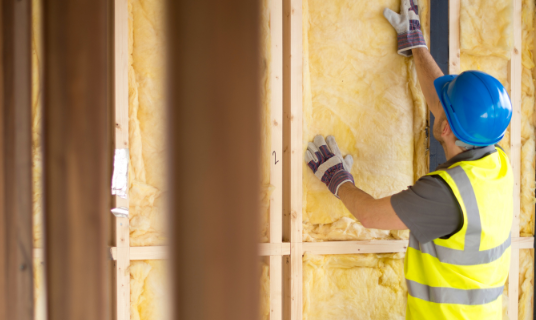Procuring Energy Efficiency Measures
The climate and biodiversity crises combined with the cost-of-living increase and its impact on fuel poverty has highlighted the importance behind the need to retrofit our existing buildings. The second wave of the Social Housing Decarbonisation Fund opening will enable some of this work to get started and offers great flexibility to upgrade your housing stock to achieve EPC ‘C’, as part of the journey towards Net Zero by 2050. Key headlines are:
- Retrofit a minimum of 100 social homes at an EPC ‘D-G’ at the time of bid
- Install a single fabric measure or multi-measure approach
- Deliver programme of work by 30th June 2025
- Facilitate the installation of low carbon heating in any home (on or off gas grid)
How can these works be procured?
Procurement is central to every decision in public sector spending, but it is often seen as a barrier to getting works completed. LHC believe this next wave of funding is the perfect opportunity to find a compliant route that can be easily replicated for future funding waves.
Social housing providers can procure a variety of works that will enable them to reach net zero targets through our 21 individual measures, including insulation and solar panels, and a multi-disciplinary workstream in our Energy Efficiency Measures & Associated Works framework.
Paul Smith, Procurement Manager for London and the South East says, ‘Running a tender exercise to identify the best contractor is intensive for your workforce. Add in the repeated nature of running tenders for each wave of funding with the Social Housing Decarbonisation Fund, and your resource will be stretched even further. This is a daunting prospect for most Local Authorities and HA’s, even more so for smaller organisations, who may not have the dedicated procurement capacity required. Our framework offers a route to market that doesn’t require any additional resources or expertise and our value-added services, such as procurement and technical experts, can help reduce the pressures on local authority and housing association teams.’
To prepare for this, and future waves of funding it’s important to have a comprehensive understanding of your existing stock, key to this is having the right expertise to assess your houses, if you need a consultant the appointed companies on our Energy Efficiency Consultancy framework could be the experts for you.
To best support this second wave of funding, LHC are encouraging any public sector bodies that have applied for funding to register their projects through our Energy Efficiency Measures framework. With options for mini-competitions and direct awards our appointed companies can be ready for the project to start in January 2023.
It’s more than just a quick and compliant procurement route, our frameworks are flexible enough to support consortium bids for the funding so that smaller housing associations have a route for works after collaborating to reach the minimum number of homes needed to apply for funding.
Early engagement with the framework will also enable the chosen appointed company to engage with the supply chain early – making the project timelines more certain.
LHC encourage everyone who is applying for funding to access the guidance and to speak to us to explore if the framework is the right procurement option for your project and organisation.


